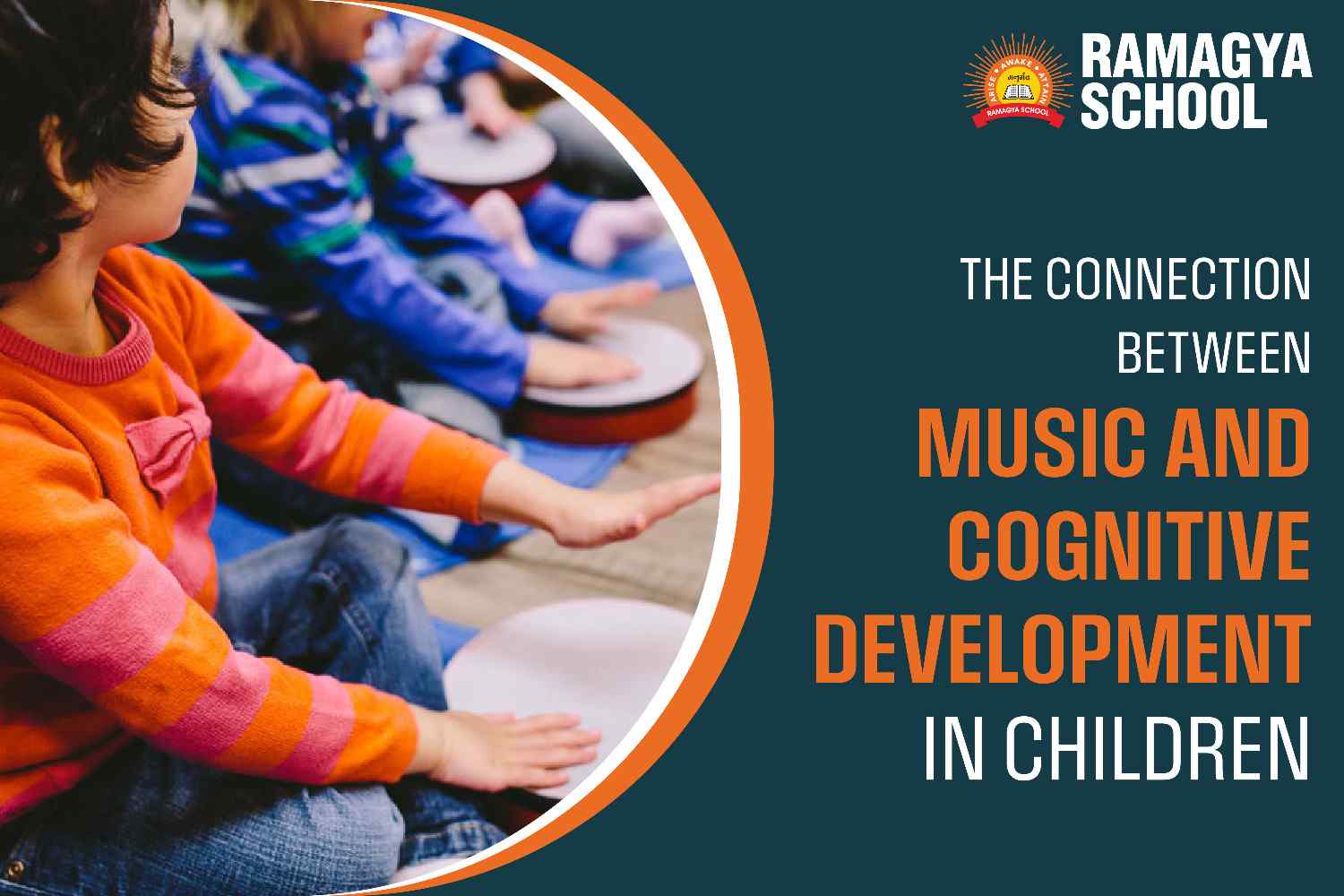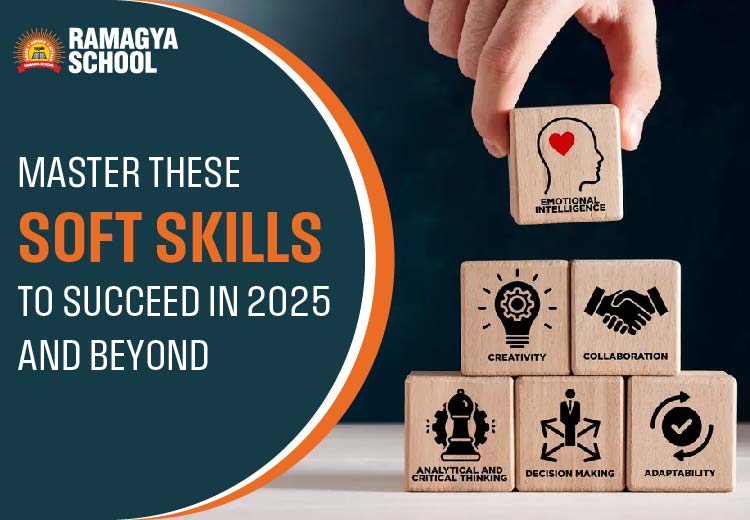Music is more than an instrument of melody. It’s an effective tool that can shape the brains of children in amazing ways. Through decades of study scientists have discovered an intricate connection between music and the development of cognitive abilities.
This blog examines the ways that music affects the child’s development in a variety of ways and the reasons why parents and teachers should be promoting its inclusion in early schooling.
“Music is a great blessing. It has the power to elevate and liberate us. It sets people free to dream. It can unite us to sing with one voice. Such is the value of music.”
- Nelson Mandela
What is Cognitive Development?
Cognitive development refers to how children learn and think as they develop. When children are involved in the music genre, their brains are more active and stronger. This allows them to recall things better, including music and rhythms. Music can also aid in understanding language since it helps the brain learn to listen with attention.
Singing or playing instruments improves motor skills like using fingers and hands. It’s like exercising the brain, enhancing it in tackling problems and being innovative. When kids are playing instruments or listening to music, they’re not only playing for fun, but they’re also developing an intelligent, creative brain! This helps in child development at the right pace.
How Music Impacts Cognitive Development

- Brain’s Structure is Improved: Whenever children play music, be it by singing, listening or playing instruments their brains undergo major modifications. Research on neuroimaging has shown that music triggers multiple regions within the brain such as those that are responsible for processing auditory information motor skills, motor coordination, and emotional processing.
- Enhancing memory: Music has a unique capacity to improve memory. Studies show that children who participate in musical activities usually have higher levels of memory than their peers. The reason for this is that music demands the memory of tunes, rhythms and sequences that work the memory system of the brain.
- Enhancing Language Skills: Exposure to music as early as possible can help develop language. The rhythmic patterns and melodies that are found in music can help children differentiate between words and sounds, creating solid foundations for the acquisition of language and the ability to communicate.
- Promoting Emotional Development: Music is universal and can trigger emotions. Research in the field of music therapy has revealed that listening to or making music has a positive impact on children’s mental health by decreasing anxiety and stress. This affects the way they feel and contributes to the overall development of their cognitive abilities.
- Promotion of Motor Skills: Music instruments require coordination between eyes, hands and feet. This improves the motor abilities and dexterity of youngsters, increasing their abilities to complete activities that need precise movement.
- Inspiring creativity and problem-solving: Music stimulates creativity through giving children the opportunity to play with rhythms and sounds. Music composition or the process of improvisation helps the brain develop problem-solving skills and encourages creative thinking. This is important for child development.
Practical Strategies to Integrate Music into the lives of children
- Music Listening: Children should be exposed to a range of styles and musical genres. Engage them in discussions and active listening about the music they hear.
- Singing: The singing of nursery rhymes and songs and chants aids in developing the language skills of children and exposes them to melody and pitch.
- Playing instruments: Give the opportunity to children to play various musical instruments, beginning with simple percussion instruments or toy instruments.
- Music and movement: Mix the music and activities of movement like marching, dancing, or dancing to increase the coordination as well as rhythm.
- Music Education Programmes: You can enroll kids in classes for music or other programs specifically designed for their age in which they learn about music theory and improve their abilities in the instrument.
Benefits of Early Exposure to Music
- Academic Performance: The research indicates a link between musical education with academic success, especially in math or understanding of reading.
- Social Skill: Collaboration music-related activities, like performing in groups or singing in choirs, help children learn cooperation with others, teamwork, and mutual respect.
- Conviction Building: The process of mastering an instrument can help children build confidence and self-esteem. skills.
- Culture Awareness: Music introduces children to different cultural and traditional practices, while encouraging respect for the diversity of cultures and understanding of the world.
Conclusion
In the end, the effect that music has on children’s development is vast and multifaceted. By including music in the early childhood curriculum and daily routines, parents and teachers can improve children’s memory and language skills, as well as emotional intelligence and creativity. Music is not just a way to enrich children’s lives, it also prepares them for academic and social performance.
It doesn’t matter if it’s singing lullabies to sleep or dancing to their favorite tunes, or learning how to perform an instrument, each musical activity helps a child’s total development. Be awed by the power of musicality and witness kids excel in mind, body and spirit.
Also Read – How Do Co-Curricular Activities Boost a Child’s Confidence and Skills?




